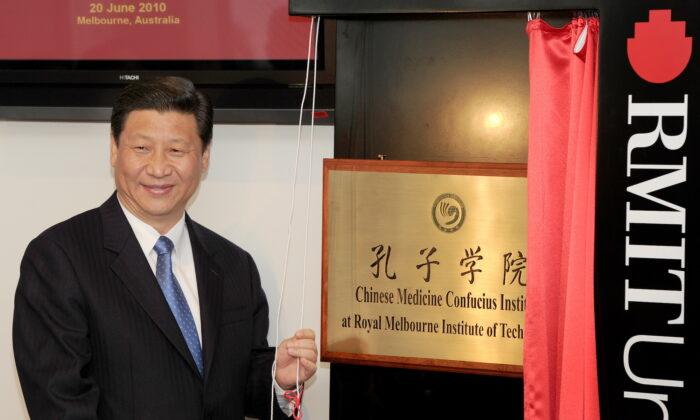Former Australian Prime Minister Tony Abbott has described the controversial CCP-run Confucius Institutes as “propaganda centres” while calling on Australia to exercise more caution when engaging with Beijing.
This follows Victorian Senator Sarah Henderson’s comments at the Universities Australia conference on Feb. 23 where she called on Foreign Minister Penny Wong to use legislative powers under the Foreign Relations Act to close down Confucius Institutes in Australian Universities.





